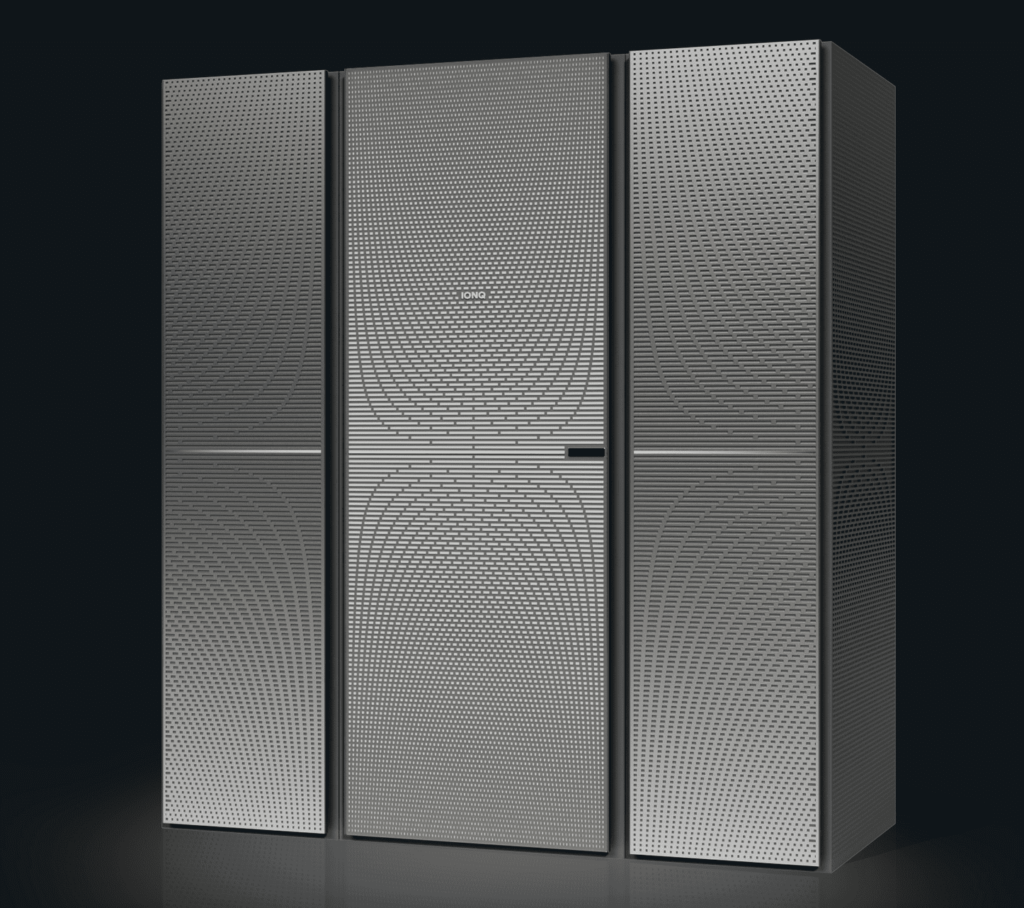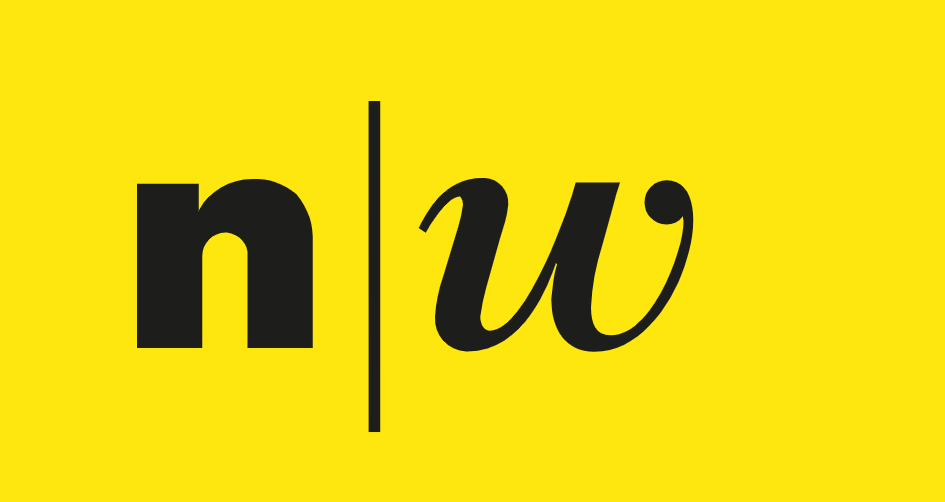Initially formulated for researchers, engineers and other experts to gain access to the prohibitively expensive quantum hardware at no cost or — at the very least, something affordable — cloud services have now taken on a life of their own, allowing even a quantum enthusiast with a laptop in their bedroom access to (early stage) quantum processing.

What is Quantum Cloud Computing?
Quantum cloud computing is the advanced way to analyze, stockpile, and remotely control huge amounts of information. In its essence, cloud-based quantum computing is made up of quantum simulators, emulators or processors that are available for use via the cloud. It can be used to connect powerful quantum computer systems to complete compound tasks.
In 2016 (discussed below), IBM connected a small quantum computer to the cloud. This allowed for simple programs to be built and executed on the cloud. A year later, researchers from Rigetti Computing demonstrated the first programmable cloud access using the pyQuil Python library.
Still in the early days of the industry, we are yet to see the true benefits quantum cloud computing could manifest in our everyday lives. One thing is for sure, though: cloud-based quantum computing has empowered the masses to get involved with the nascent industry — and maybe it won’t be too long before we see some major breakthroughs in such sectors like finance and logistics because of it.

You may also like:
- Top 35 Open Source Quantum Computing Tools
- 16 Quantum Computing Software Companies Developing Quantum Algorithms
- Quantum Computing Market Expected to Grow at Double-Digit Rate
13 Quantum Cloud Computing Solutions
The Quantum Insider will now list thirteen of the top companies offering quantum cloud computing services in 2024. We have listed these companies in no particular order of merit and is by no means exhaustive. GCP, AWS and Azure provide access to other companies’ quantum computers which is starting to be known as Quantum Computing as a Service. We cover this in our QCaaS report, available here.
If you want to learn more, we’ve compiled the most comprehensive list of the top quantum computing companies available!
For a more in-depth look at the movers and shakers within the quantum computing market, check out our proprietary intelligence platform here
1. IBM Q Experience: IBM (Quantum Cloud Provider)
Let’s start off today’s post with one of the giants of the quantum computing industry in IBM and its IBM Q Experience. This company provides access to quantum hardware as well as HPC simulators. These can be accessed programmatically using the Python-based Qiskit framework, or via a graphical interface with the IBM Q Experience GUI.

Launched in May 2016 as the IBM Quantum Experience, both Qiskit and the graphical interface with the IBM Q Experience GUI are based on the OpenQASM standard for representing quantum operations. There is also a tutorial and online community. Currently available simulators and quantum devices are multiple transmon qubit processors. Those with five and 16 qubits are publicly accessible. However, devices up to 65 qubits are available through the IBM Q Cloud Network.
Visit company’s profile page.
2. Google Quantum AI: Google (Quantum Cloud Provider)
Another major player in the space, Google Quantum AI is advancing the state of the art of quantum computing and developing the tools for researchers to operate beyond classical capabilities.
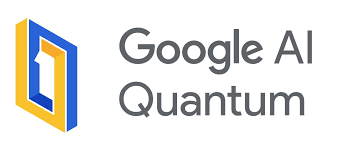
The Quantum AI Lab was established by Google Research in May 2013. Its Quantum Computing Service offers a platform that enables researchers to access beyond-classical computational resources by providing chaperoned access to NISQ processors and simulators for researchers who aim to advance the state-of-the-art in quantum cloud computing and publicly share their results in algorithms, applications, tools, and processor characterizations.
Visit company’s profile page.
3. Xanadu Quantum Cloud: Xanadu (Quantum Cloud Provider)
The first startup on the list, Canada-based Xanadu’s Quantum Cloud consists of cloud-based access to three fully programmable photonic quantum computers.

The company’s full-stack Python library, codename Strawberry Fields, is for designing, optimizing and utilizing photonic quantum computers and makes access to a unique set of near-term applications possible within quantum chemistry, finance, logistics, and cloud based quantum machine learning (ML).
Visit company’s profile page.
4. Forest: Rigetti Computing (Quantum Cloud Services)
Another startup, Rigetti Computing — a Berkeley, California-based company — offers its Quantum Cloud Services (QCS), Rigetti’s quantum-first cloud computing platform. With QCS, its quantum processors (QPUs) are tightly integrated with classical computing infrastructure and made available to you over the cloud.

Its Forest SDK is a set of software tools that allow individuals to write quantum programs in Quil, then compile and run them via QCS or a simulator.
The SDK comprises of pyQuil, a Python library for building and executing Quil programs, quilc, an optimizing Quil compiler and QVM, a quantum virtual machine (quantum computer simulator).
Visit company’s profile page.
5. Amazon Braket: AWS (Cloud System Provider)
Back to one of the big guns now with AWS Amazon Braket, a fully managed service that helps users get started with quantum computing by providing a development environment to explore and design quantum algorithms, test them on simulated quantum computers and run them on your choice of different quantum system hardware technologies.
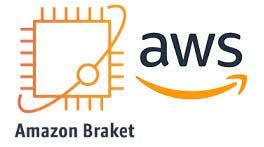
Amazon Braket empowers users to research quantum computing algorithms, test different quantum hardware, build quantum software faster, as well as explore industry applications.
With beginnings that date back to the early 2000s, by the mid-2010s AWS had become the market leader in the sector.
Visit company’s profile page.
6. Azure Quantum: Microsoft
Microsoft is a large company in the tech space whose Azure Quantum cloud service brings together the most innovative quantum computing and optimization solutions into a single cloud service.
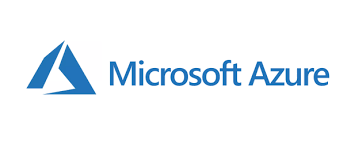
Designed as an open ecosystem to write and run code on a diverse selection of today’s quantum hardware, Azure Quantum gives people the flexibility to use their preferred development tools with support for Cirq, Qiskit, and Q#.
Anyone can get started with quantum cloud software by writing code and running it on the quantum hardware of their choice — and can even take advantage of the very generous $500 in free credit per provider.
7. Quantum Inspire: Qutech (Quantum Cloud Services)
Quantum Inspire by Qutech was launched in May 2020 by Minister Ingrid van Engelshoven and European Commissioner Mariya Gabriel and is probably the least known quantum cloud computing supplier offering services that can proudly boast as being the first platform in Europe to provide cloud based quantum computing to two hardware chips.

Qutech itself, however, was founded in 2014 as a collaboration between Delft University of Technology (TU Delft) and the Netherlands Organisation for Applied Scientific Research (TNO).
Quantum Inspire is a prototype full-stack quantum computer. It serves as a training and education platform, a test-bed for application development and as an invitation for co-development and collaborative R&D of quantum computers.
Quantum Inspire is the first platform in the world to provide online access to a fully programmable two-qubit electron spin quantum processor called Spin-2, a two-qubit quantum processor hosting two single electron spin qubits in a double quantum dot in isotopically purified 28Si.
Along with the Spin-2 is the Starmon-5, which consists of five superconducting transmon qubits in an X configuration.
Next to the quantum chips, the platform gives access to QX, a quantum emulator backend. Two instances of the QX emulator are available, emulating up to 26 qubits on a commodity cloud-based quantum server and up to 31 qubits using one ‘fat’ nodes on Cartesius, the Dutch national supercomputer of SurfSara. Circuit-based quantum machine learning algorithms can be created through a graphical user interface or through the Python-based Quantum Inspire SDK, providing a backend for the projectQ framework, the Qiskit framework. Quantum Inspire provides a knowledge base with user guides and some example algorithms written in cQASM.
Visit company’s profile page.
8. Forge: QC Ware (Quantum Cloud Platform)
QC Ware is a Palo Alto, California-based startup founded in 2014. Its Forge cloud platform, which provides access to D-Wave hardware as well as Google and IBM simulators, offers a 30-day free trial including one minute of quantum computing time. During the trial, you can test free cloud based quantum machine learning software.
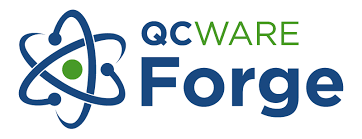
Built for turn-key algorithm implementations for data scientists, financial analysts, and engineers, its circuit building blocks system also allows for the creation of users’ own algorithms.
Visit company’s profile page.
9. D-Wave
Founded in 1999, D-Wave is a Canadian company based in Burnaby, British Columbia, Canada. Taking pride in the fact it was the world’s first company to sell computers to exploit quantum effects in their operation, D-Wave’s The Leap™ quantum cloud service delivers immediate, real-time access to its Advantage quantum computer and quantum hybrid solver service, all with enterprise-class performance and scalability.
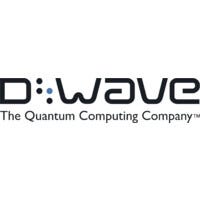
Leap provides access to a portfolio of hybrid solvers, enabling enterprises to address all kinds of business problems that range in size and complexity. Its solvers include the binary quadratic model solver, the discrete quadratic model solver and the constrained quadratic model solver.
Visit company’s profile page.
10. AQT (Quantum Cloud Services)
AQT is an Innsbruck, Austria-based quantum cloud computing company founded in 2018 and supported by the Federation of Austrian Industries Tyrol, the FFG Austrian Research Promotion Agency and the University of Innsbruck.

Working on general-purpose quantum information processors, that will support a broad range of applications in various industries, AQT uses a scalable trapped-ion approach combining unmatched physical performance, extraordinary qubit control, and demonstrated optical networkability, they provide quantum cloud computing services.
Based on the versatile ion-trap platform, a growing number of quantum computers are being set up for users’ convenience. These devices — the quantum simulator without noise (free and available online), the quantum simulator with noise (free and available online), the IBEX (available to partners), and PINE (in preparation) — operate at room temperature in a normal office environment, are installed in standard 19” racks, and are powered from an ordinary wall-mounted power-plug.
11. Oxford Quantum Circuits (OQC)
Founded in 2017 and based in Reading, the UK, OQC is building quantum computers and using quantum cloud software to help its customers solve some of humanity’s most significant challenges, from climate change to new drug discoveries.

Last summer OQC also launched the UK’s first Quantum Computing as-a-Service (QCaaS), bringing the quantum cloud computing system to the enterprise, at the fingertips of its customers and partners. OQC’s platform takes its proprietary quantum technology to the market through a private cloud, where it will be used by strategic partners and customers to further experiment with quantum until ultimately they make breakthrough discoveries and tackle some of the world’s most intractable.
Visit company’s profile page.
12. Alibaba Group
Founded by Chinese business magnate, investor and philanthropist Jack Ma in 1999, 2017 saw Alibaba release its cloud service subsidiary Aliyun (“Alibaba Cloud”) and the Chinese Academy of Sciences jointly launched an 11-qubit quantum cloud computing service, which was at the time available to the public on the Quantum Computing Cloud Platform.

Its Quantum Lab — a member of the international quantum computing community — currently offers the Alibaba Cloud Quantum Development Platform (ACQDP) — a simulator-driven development tool for quantum algorithms and quantum computers.
Visit company’s profile page.
13. Quantinuum (Quantum Cloud Services)
Formed when Honeywell Quantum Solutions and Cambridge Quantum Computing came together in late 2021, Quantinuum is a quantum cloud computing supplier offering, hardware-diverse software development platform, an operating system, real-world applications, and high-performing quantum systems.

The Quantinuum AI platform incorporates Quantum Natural Language Processing, Cloud-Based Quantum Machine Learning services, and Quantum Deep Learning — all of which will exponentially increase processing speed over today’s classical solutions.
The company’s TKET — an advanced quantum computing software development kit for the creation and execution of programs for gate-based quantum computers — is platform-inclusive, and its state-of-the-art circuit optimization routines allow users to extract as much power as possible from any of today’s Noisy Intermediate-Scale Quantum (NISQ) devices. TKET is open source and easily accessible through the PyTKET Python package, with extension modules providing compatibility with many quantum computers, classical simulators, and popular quantum software libraries.
Visit company’s profile page.
If you want to find out what’s new in the Industry, check out our latest quantum news.


















